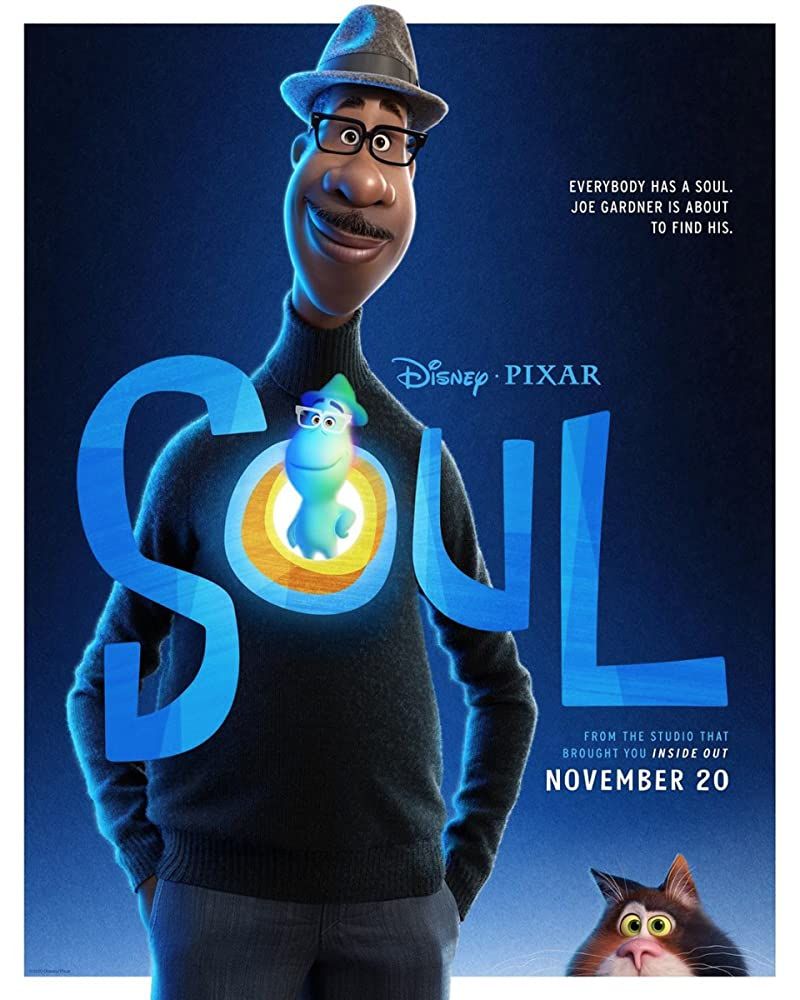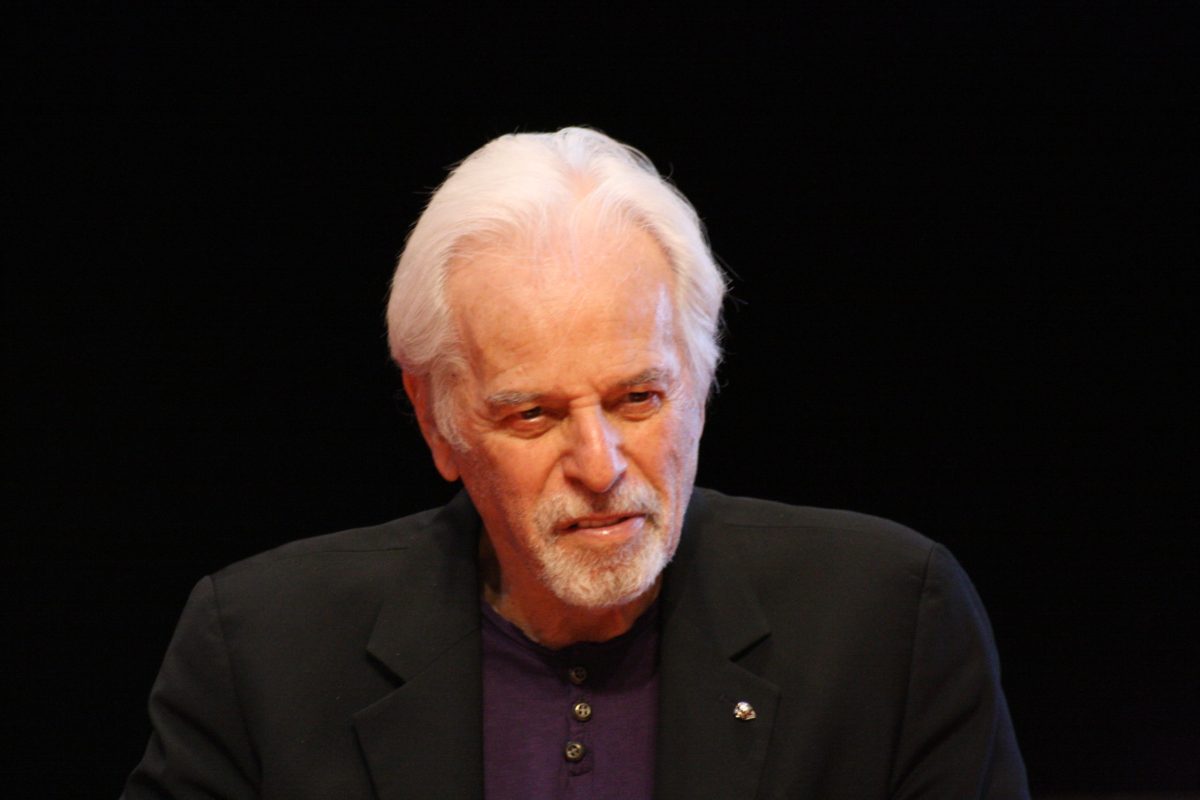Thirty: Dystopia in a Bottle
By Scott M. Waldman
“Imagine a city beyond imagination. Free from…” Wait a minute. This message sounds familiar doesn’t it? It appears often over multiple forms of media, where a group of individuals from a utopian society accepts this offer, travel to this civilization, see its wonders, watch it reach an apex, and somehow, out of all inevitability, watch the society crumble down from its throne. It’s predictable to watch these Brave New World (Huxley, 1931) types of societies build up and then trip over their own successes or learn the true horror of what a utopia can be; doomed. The utopian genre has lately been treaded upon poorly by the film industry by attempting to recreate literary precedents while staying away from any possible glances at originality.
There haven’t been many dystopian films lately; the last film made in this genre not based off of a best seller was The Zero Theorem (Gilliam, 2014) which no one really remembered. There’s usually one per year that’s completely original (written by the director, one of his buddies) and over two per year that’re based off of a book that just reached book-club status [Hunger Games (2012-2015), The Divergent Series (2014-2015), etc.]. The problem with this is that the literary component of the film is being replaced with a completely visual medium (read Article 10 to understand this argument if you can find it) eliminating, for some viewers, a reason to read the book the film spawned from.
Dystopian films in a nutshell are supposed to present the idea of a ‘perfect’ society that the viewer gains the opportunity to become immersed in. The viewer yearns to reach into the screen and jump into the meadows that they’re presented. Eventually though, the whole ‘everything is not what it seems’ cliché appears and the utopia falls apart due to a certain secret being revealed which results in an argument, a duel (violence is discovered), an all-out war, some people die, and they all go out with a bang like the Futurama (1999-2013) episode where Bender (DiMaggio) becomes a deity to small aliens. It never works out, even after when all Bender can do is clean up the tiny corpses.
The last films to make their own individual marks on the dystopian category would have to be Snowpiercer (2013), WALL-E (2008), The Matrix (1999) and Pleasantville (1998). These films each made marks because of the worlds they built, the reason for which the world was made, the costs that each world had to pay, and the ways that each world crumbled down. The best example of this is Pleasantville (1998) for its ability to show a society that’s universally accepted as a peaceful time in the U.S. (1950’s, baby-boom, the wars are over) and turning it upside down by bring in two outsiders that everyone believes are two of their own (Tobey Maguire, Reese Witherspoon). The nods to how the society’s ‘perfection’ is crumbling is displayed from the smallest actions of losing a basketball game to the world receiving rain. The ending shows it best as the utopia accepts society as one of its own in the final act.
Is there a way to really save the dystopian dynamic? The only possible ways of having this genre truly prevail within the film industry would be to give these films the correct time slots (to get viewers), get the right writers (no book adaptations from before the millennium), and be sure that the environment is flawless (make ‘perfection’). An impossible task, right? That’s one thing about film nowadays; it’s beginning to defy reality. With all of the technology that’s been seen as unreachable, it would at least be something to see it on screen to maybe inspire a viewer to aspire for it themselves (or one that doesn’t end in a meltdown). Film, as a whole, should act as a possible window to a new reality and inspire viewers to want to reach for these places. If it fails there, then those societies were meant to fail in the first place, just like what Terminator: Genisys (2015) was trying to prevent, but kept letting occur (Skynet).




























